A new study from the University of Maryland School of Medicine (UMSOM) has found that hospitalized COVID-19 patients have a significantly lower risk of complications and death if they are taking daily low-dose aspirin as protection against cardiovascular disease, compared to those not taking the drug.
The study found that aspirin users were less likely to be placed in an intensive care unit (ICU), require mechanical ventilation and were more likely to survive COVID-19 infection compared to hospitalized patients not on aspirin.
While findings of the study, which were published this week in the journal Anesthesia and Analgesia, offer promise, the UMSOM researchers are only providing “cautious optimism,” despite the medication being inexpensive, readily available and having a well-defined safety profile that could help prevent severe complications.
Related: Dexamethasone Becomes First Drug Shown to Reduce COVID-19-Related Mortality
“This is a critical finding that needs to be confirmed through a randomized clinical trial,” said lead author on the study Jonathan Chow, MD, assistant professor of Anesthesiology at UMSOM in a news release from the university. “If our finding is confirmed, it would make aspirin the first widely available, over-the-counter medication to reduce mortality in COVID-19 patients.”
For the study, Dr. Chow and his colleagues went through the medical records of 412 COVID-19 patients (with an average age of 55) who were hospitalized at the University of Maryland Medical Center in Baltimore and three other hospitals along the East Coast over the last several months due to complications from infection. Approximately one quarter of the patients were taking a daily low-dose aspirin (typically 81 mg) either before they were admitted, or right after admission to manage their cardiovascular disease.
The researchers found that aspirin use was associated with a 44 percent reduction in the risk of being put on a mechanical ventilator, a 43 percent decrease in the risk of ICU admission and a 47 percent decrease in the risk of dying compared to those that were not taking aspirin. Patients on aspirin did not experience a significant increase in adverse events, such as major bleeding, during their hospital stay.
Several factors that may have played a role in a patient’s prognosis were controlled for in the study, including age, gender, body mass index (BMI), race, hypertension and diabetes. The researchers also took into consideration the presence of heart, kidney and/or liver disease, as well as the use of beta blockers for blood pressure regulation.
COVID-19 and Clotting
COVID-19 infections may increase the risk of life-threatening blood clots that can form in the heart, lungs, blood vessels and other organs. In rare cases, complications from blood clots can lead to heart attacks, strokes, multiple organ failure and even death.
Daily low-dose aspirin is recommended by doctors for patients who have previously had a heart attack, stroke or stable heart disease to prevent blood clots. However, daily use can increase the risk of major bleeding or peptic ulcer disease.
“We believe that the blood thinning effects of aspirin provides benefits for COVID-19 patients by preventing microclot formation,” said study co-author Michael A. Mazzeffi, MD, associate professor of Anesthesiology at UMSOM. “Patients diagnosed with COVID-19 may want to consider taking a daily aspirin as long as they check with their doctor first.”
He added that those at increased bleeding risk due to chronic kidney disease, for example, or because they regularly use certain medications, like steroids or blood thinners, may not be able to safely take aspirin.
Researchers from Wake Forest School of Medicine, George Washington University School of Medicine, Northeast Georgia Health System and Walter Reed National Military Medical Center also participated in this study.
“This study adds to the tremendous work our researchers are doing in the School of Medicine to help find new treatments against COVID-19 and save patients’ lives,” said E. Albert Reece, MD, PhD, MBA, executive vice president for Medical Affairs, UM Baltimore and the John Z. and Akiko K. Bowers Distinguished Professor and Dean, University of Maryland School of Medicine.
“While confirmatory studies are needed to prove that aspirin use leads to better outcomes in COVID-19, the evidence thus far suggests that patients may want to discuss with their doctor whether it is safe for them to take aspirin to manage potentially prevent serious complications,” said Reece.

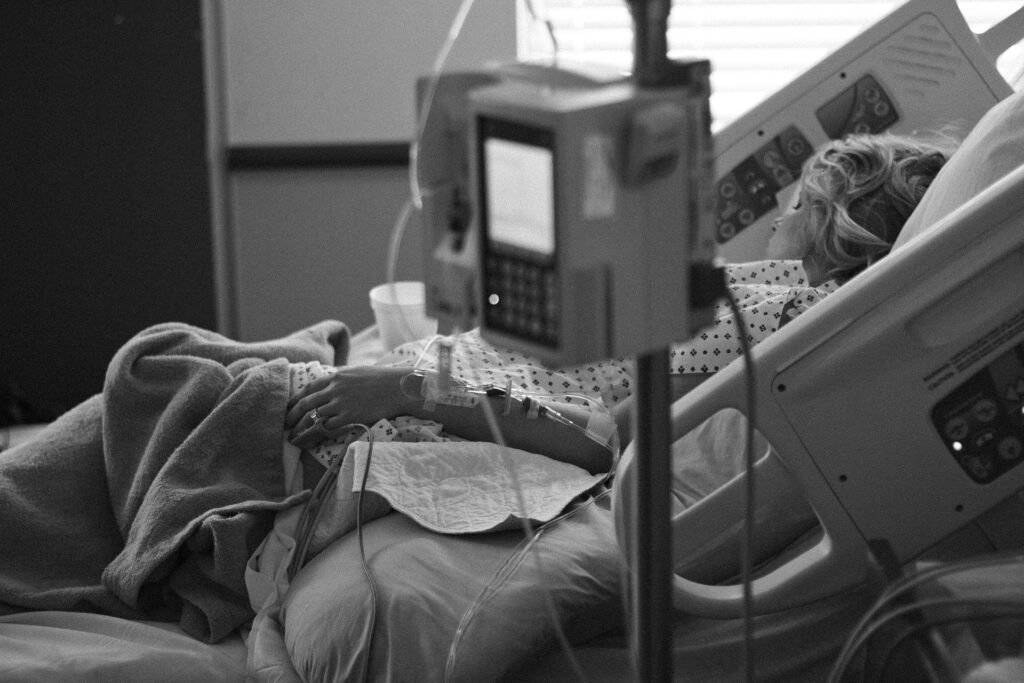
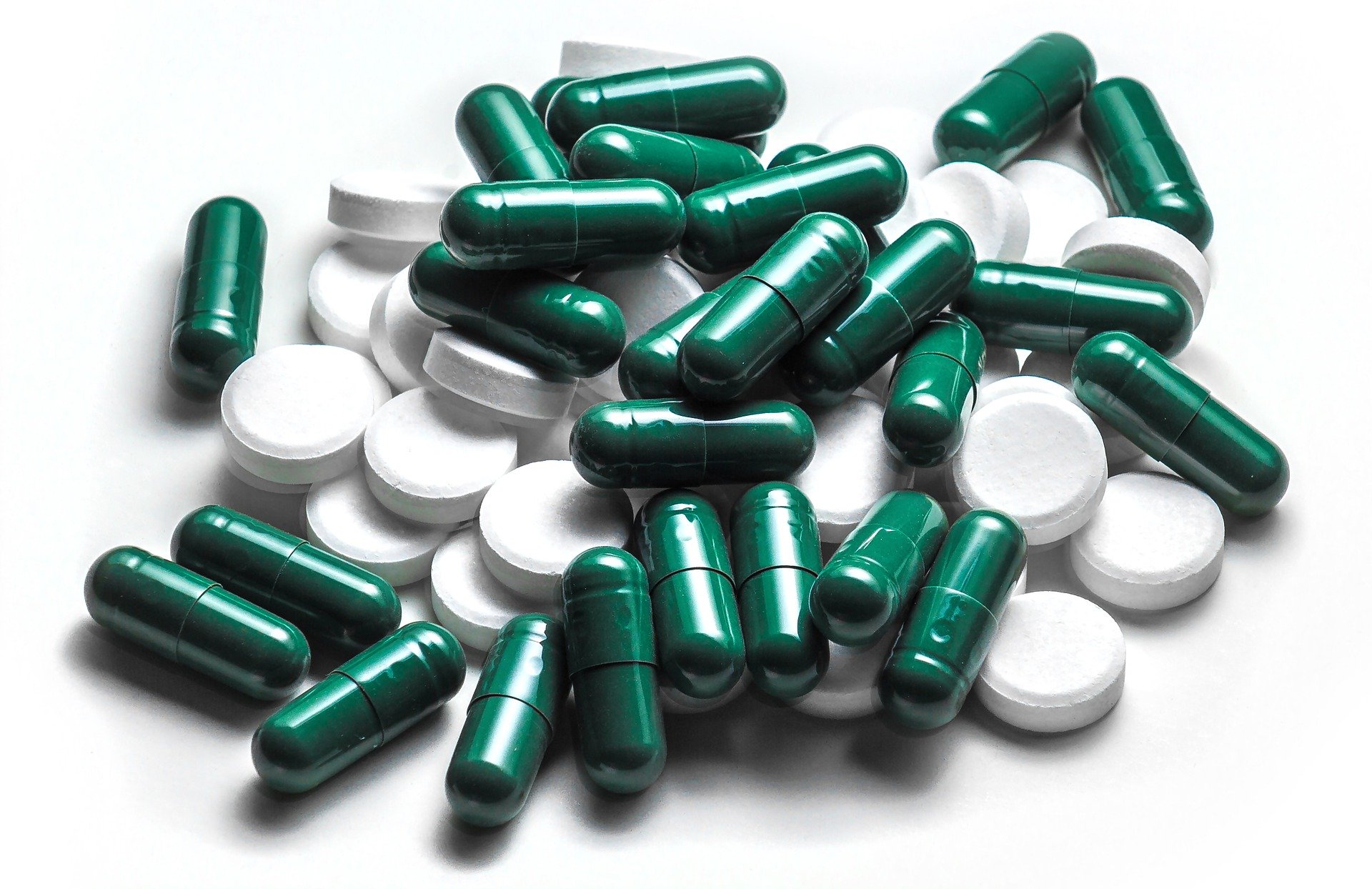
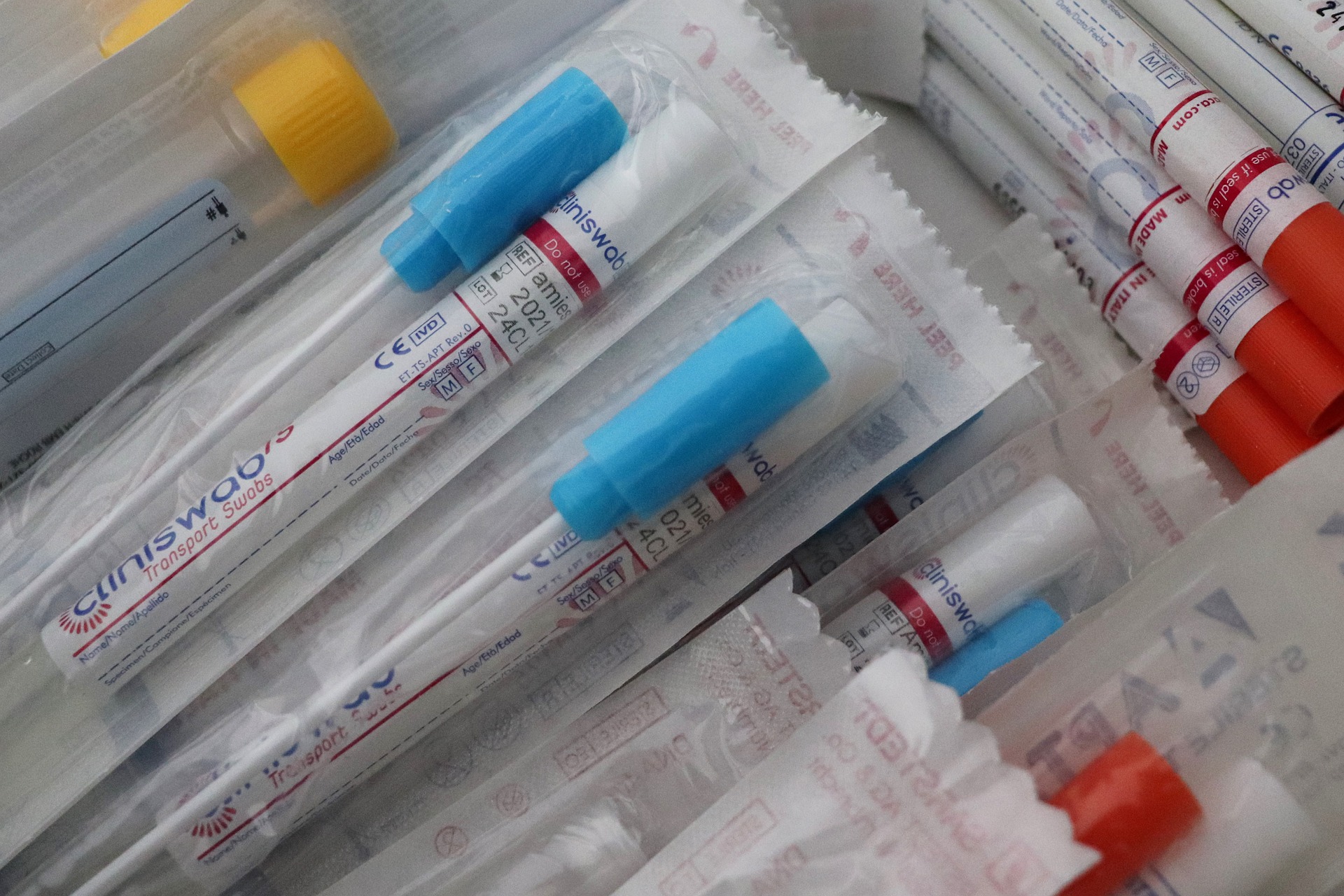
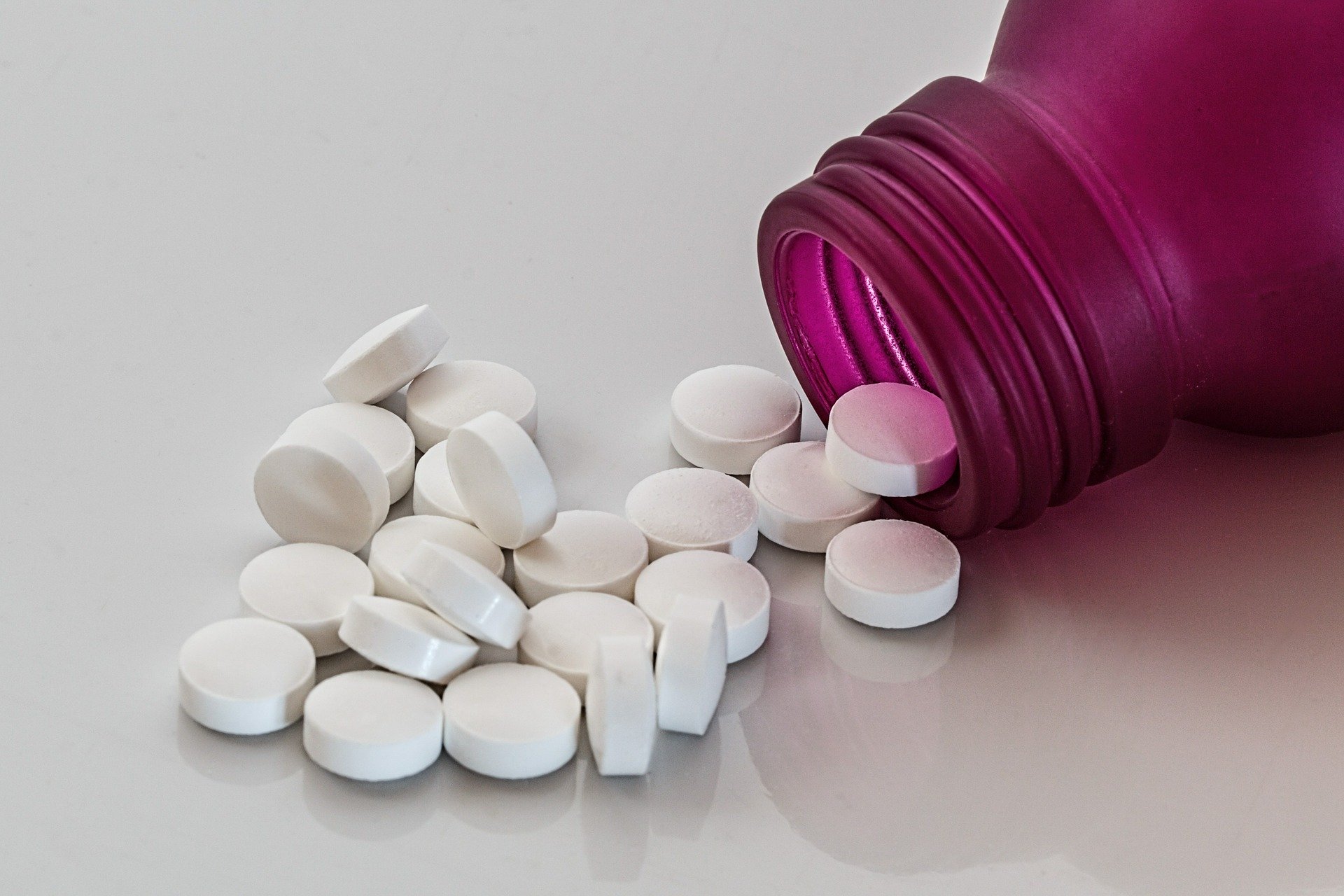

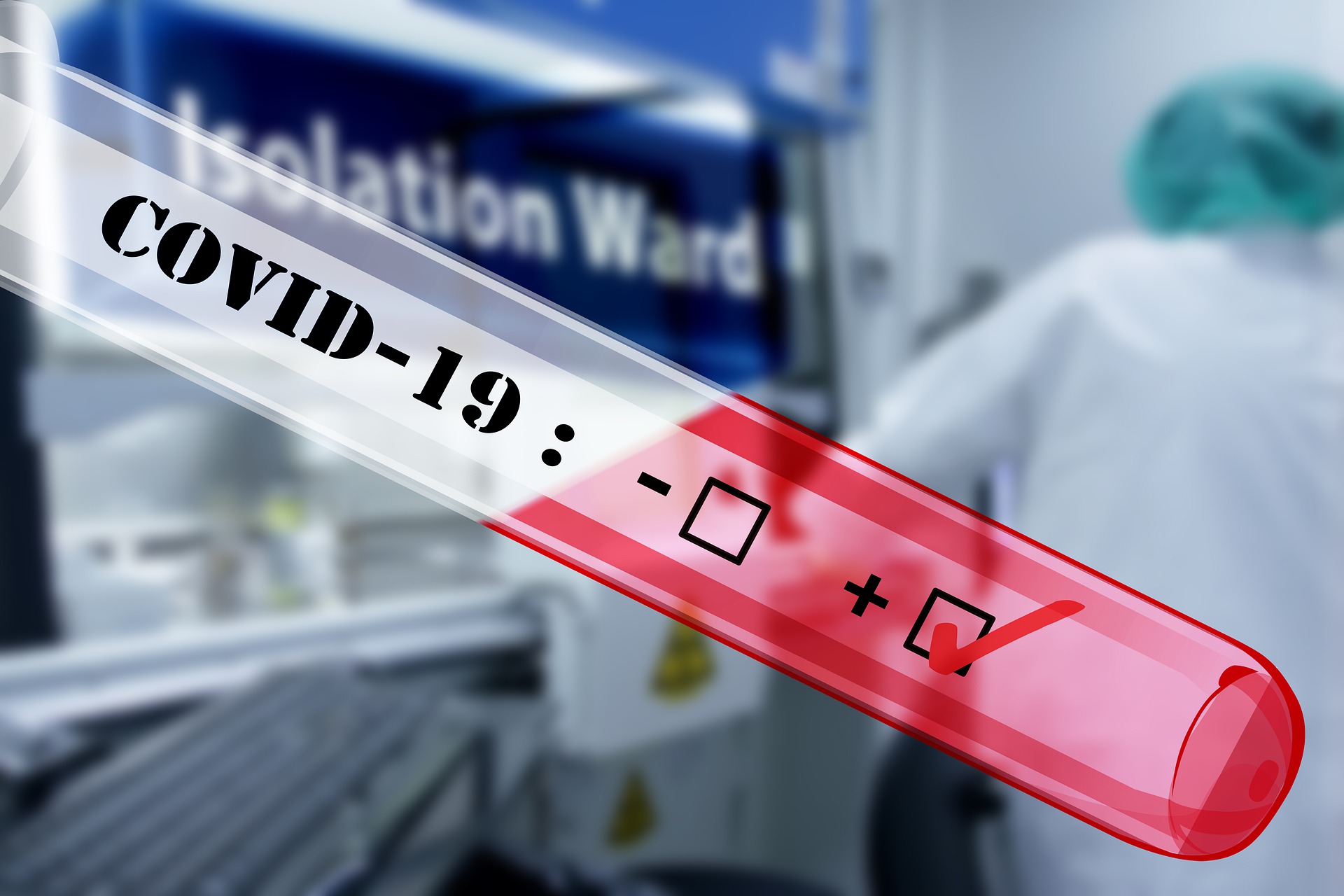





Join or login to leave a comment
JOIN LOGIN